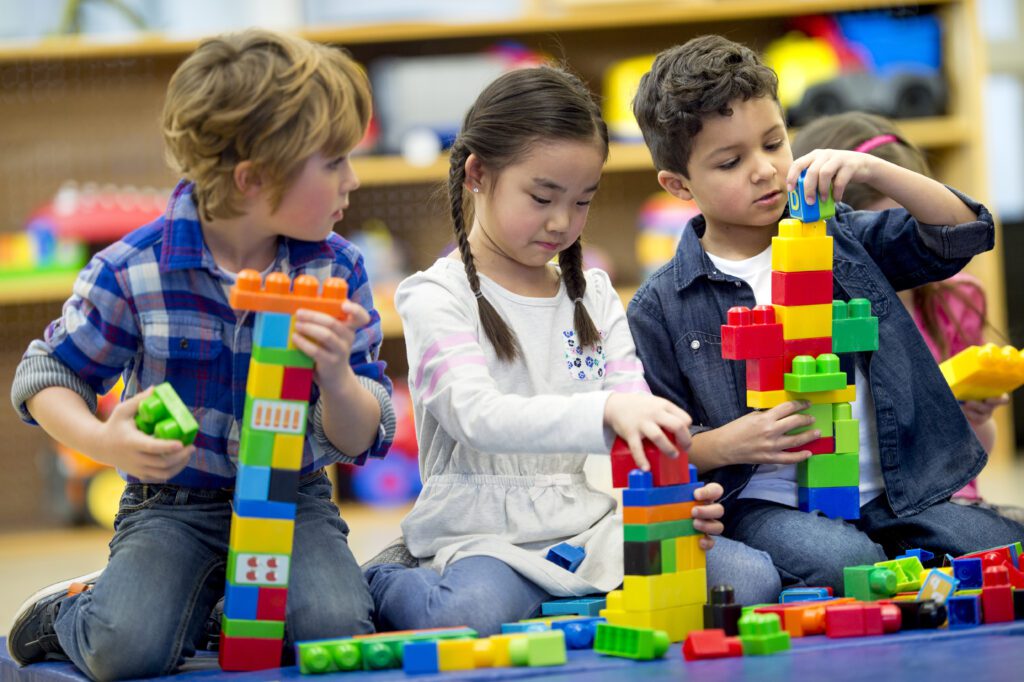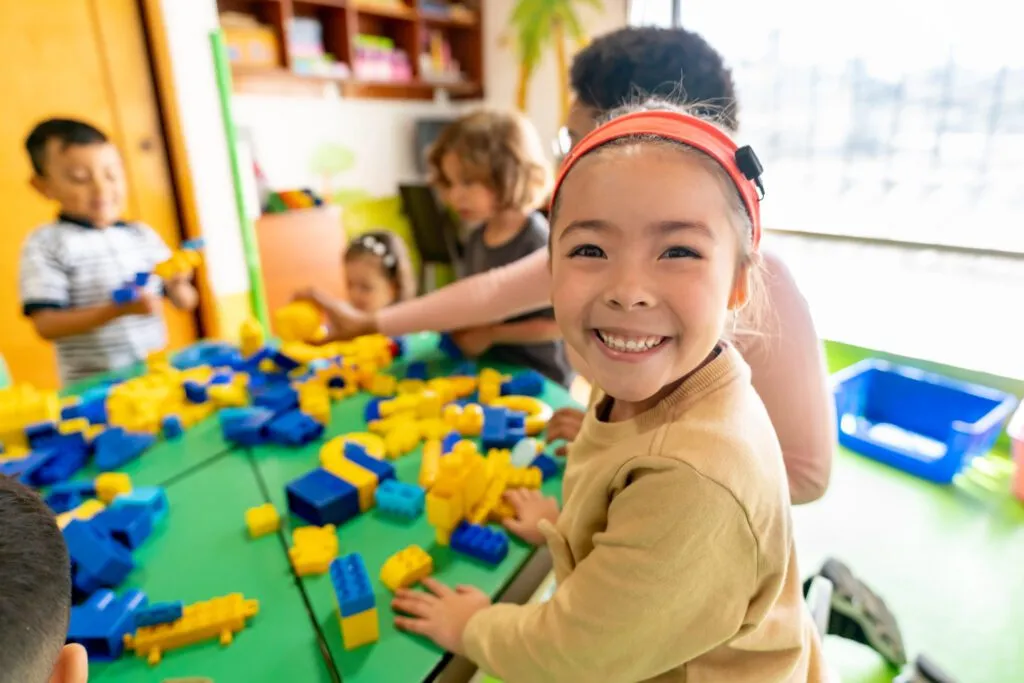Six Tips for Responding to Challenging Behaviors (That Require Absolutely No Training)


It’s no secret that many teachers and administrators report seeing higher levels of challenging, inappropriate classroom behaviors than ever before.
Today’s preschoolers have grown up in the midst of unprecedented challenges for both schools and families.
A second concern relates to staffing shortages that plague many school districts and early childhood centers. Many new teachers, assistant teachers, and support staff are being handed enormous levels of responsibility and held to high expectations for success despite receiving little to no relevant pre-service training.
Is there any wonder why teachers, administrators, and families are feeling stressed?
We know that children are also feeling stressed, anxious, and worried. And when children are stressed, they act out in the only ways they know how.
Fortunately, there are actions that any adult can take to help children make better, more positive choices, including those adults who have no training in early childhood development and learning. Here are six tips that anyone can implement to positively influence children’s behavior, and—even more good news!—these actions can begin today.
Six tips for improving children’s behavior at school
- Get outside. Both short-term and long-term benefits of being outside have been well-documented. Take children outside every day that weather and safety conditions allow. In addition to offering extended blocks of time for unstructured outdoor play, you can also lead structured activities outdoors. Remember that almost every learning experience you implement inside can also be done outside.
- Get active. The human body needs to move. For people of any age, physical movement has enormous benefits—again, both short- and long-term. Intentional Teaching Experiences from The Creative Curriculum offer dozens of ideas for physical activities that promote children’s development of traveling and other large-motor skills. But don’t forget how joyful it can be just to turn on some music and dance.
- Drink water. Also well-documented is the body’s need for hydration. Encourage children to drink water throughout the day. The brain—like all other organs and muscles in the human body—operates most efficiently when it is well-hydrated.
- Show children how to play. This is one I never thought I’d be saying (or writing), but here it is. The pandemic robbed many children of chances to interact with peers and with toys and materials. The children in today’s early childhood classrooms may not know how to build with blocks; dig in sand; engage in dramatic play; or make art with paint, clay, glue, markers, or scissors. Instead of removing toys and other materials from the classroom as a “consequence” of children not knowing how to engage with them properly, take time to demonstrate how to play, construct, and create.
- Chat with children. Conversing with children has many benefits, both for social skills and for language development. While sometimes you will lead conversations to support specific content learning, at other times, chat just for the sake of chatting. Through conversing with adults and other children, children learn about paying attention and taking turns. They learn the power of asking and answering questions. They learn about sentence structure, vocabulary, and an unlimited variety of concepts and ideas. They also learn that the adults in their lives believe them to have valuable things to say, which is always a powerful lesson.
- Breathe deeply. Sometimes all it takes to calm oneself and refocus personal energy is to take a moment for some focused, deep breathing. This is true for both children and adults. Model for children how you can stop and simply breathe deeply whenever you feel overwhelmed, anxious, or frustrated. Your brain will thank you for giving it a much-needed break.

Guiding Children’s Behavior in a Whole-Child Environment
Learn more about behavior management in an early childhood classroom in this recent webinar.